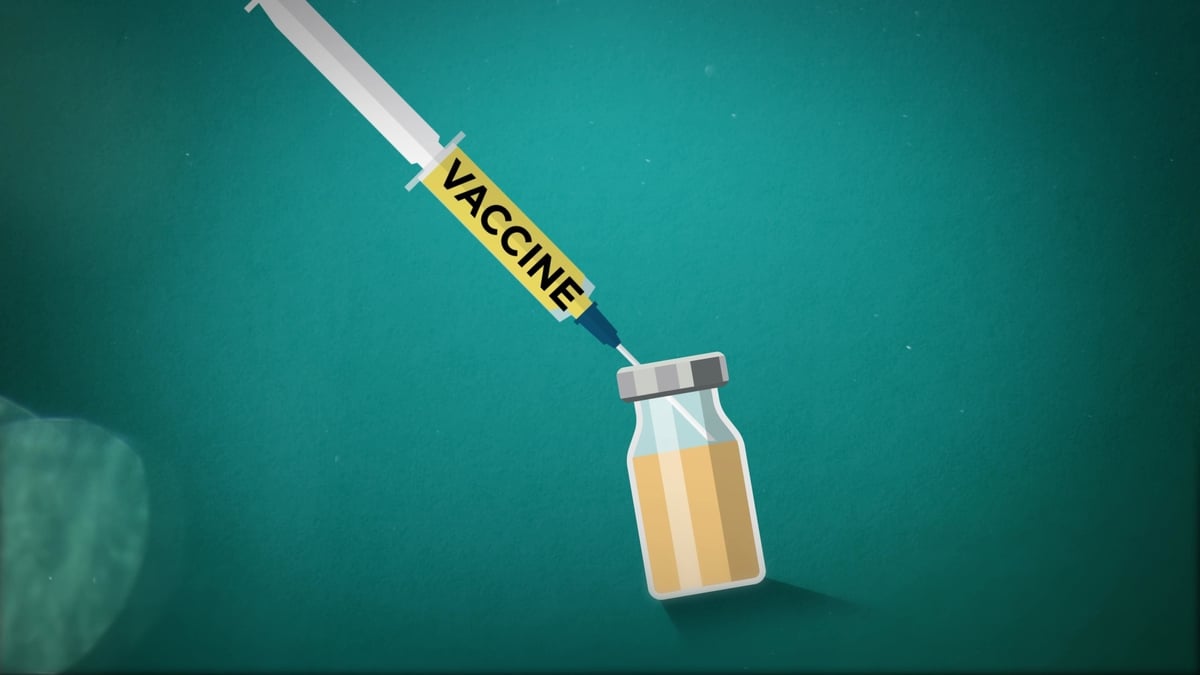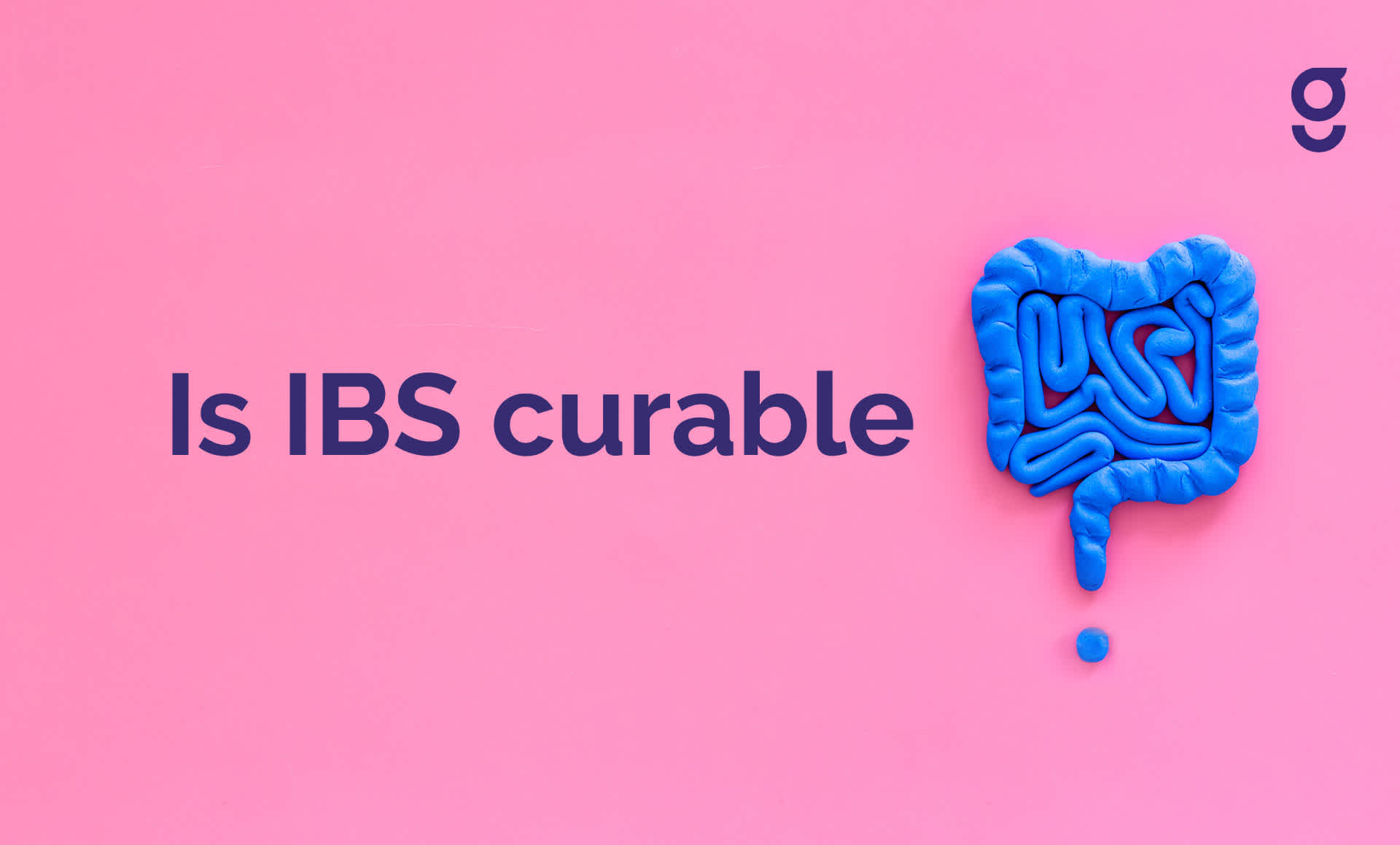What Does “Cure” Actually Mean?
What Does “Cure” Actually Mean?
Cure is a medical term that means something — a medication, a surgical procedure
or even a change in lifestyle — ends a specific medical condition camerongrain. The medical
condition might be a disease, mental illness or genetic disorder. It could also be an
unpleasant physical trait like baldness or lack of breast tissue. The word cure is often
used to describe treatments that have been shown to end a disease or medical
condition, but it can also be used to describe other things, such as an antidote that
stops a dangerous infection or a new type of gene therapy that eliminates cancer
cells from the body.
Whether you’re looking for a cure for cancer, Alzheimer’s or a skin allergy, scientists
are always making new discoveries that can improve our health and extend our
lives. But it’s important to know what “cure” actually means, so you can understand
how scientific breakthroughs might make some health problems go away.
A cure can be a treatment, a preventive measure or even a spiritual or philosophical
mindset. Some cures are so effective that they’re referred to as miracles. But other
cures are more logical. For example, vaccines can prevent diseases from ever
occurring by preventing an infection before it has a chance to develop. Some folk
cures are also based on scientific research. For example, ethnopharmacologists have
discovered that some herbal medicines used in traditional folk curing around the
world actually have medicinal properties.
Many people use the terms “cure” and “recovery” interchangeably. But a person can
recover from a disease without being cured of it. For example, if you have diabetes,
taking insulin every day will help control your blood sugar levels and keep them
healthy, but it won’t stop your disease from returning. Similarly, recovery from
substance abuse disorder involves avoiding certain drugs or alcohol, but it doesn’t
guarantee that you won’t start abusing them again.

The way a doctor treats a patient can make a difference between recovery and a
cure. For instance, oncologists (cancer doctors) often measure cancer treatment
success by counting how many people who had a particular type of cancer have
survived for at least five years after diagnosis. If most people who have your kind of
cancer survive for at least five years, oncologists often say you’re cured of it.
Scientists are working to develop cures for a number of health conditions, including
some types of cancer and AIDS. They’re also researching ways to replace genes that
cause diseases and to insert new genes into the body to treat them. One example of
a new gene therapy is a technique called cell-based gene editing, in which scientists
are replacing or turning off genes that cause disease and creating cells that don’t
have the diseased genes. Scientists hope that this technology will eventually lead to
cures for a variety of health problems, including some genetic disorders. In the
meantime, many people who have these illnesses live full lives with the help of
medications, therapies and support groups.

Comments are Disabled